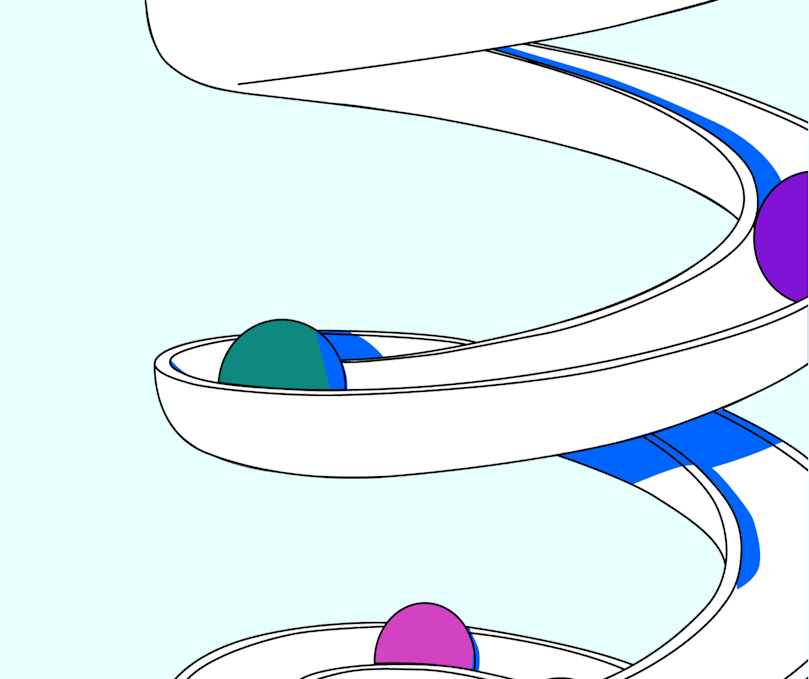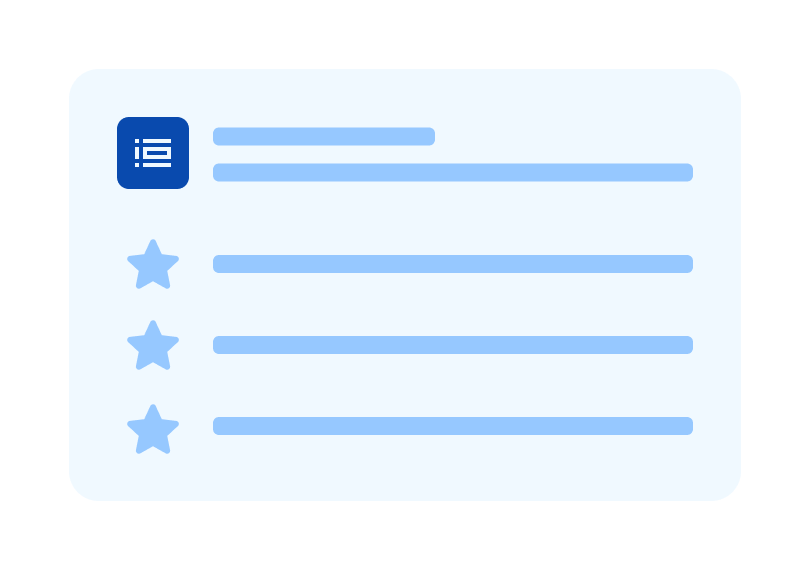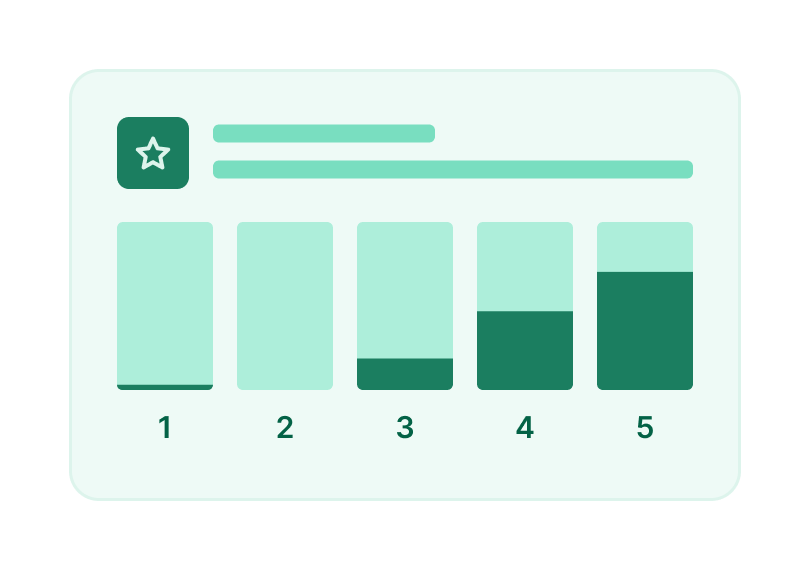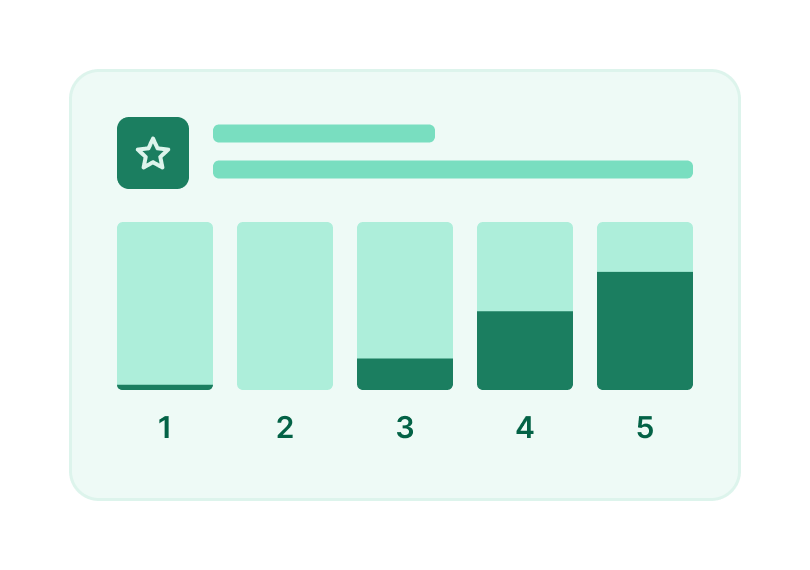
User Research
The UX research trends shaping the industry (+ expert insights)
Base your next product moves on your users’ needs, not your assumptions. With this template, you can develop a clear picture of what your audience wants so you can work on faster solutions to their problems.
Is this problem worth solving? Unlock the answers to key questions to take the next steps in your product discovery process.
Build empathy with your audience to identify core issues—then build on better, faster solutions to their problems.
Collect competitive intelligence insights to strengthen your product discovery research and shape decision-making.
Differentiate necessities from ‘nice-to-haves’ to create a product beautifully molded to the needs of your customer.
1
Log in to your Maze account (if you haven’t got one, don’t worry—it’s free to join).
2
Select this product discovery survey template from the gallery.
3
Modify blocks and copy to your preference.
4
Do a pilot test with somebody in your organization (preferably, not on your team).
5
All good? Then it’s time to set it live and wait for the feedback to roll in!
When should I use this product discovery survey template?
Product discovery is all about validating your ideas for solutions, before starting development. Use this template early on in your process to gain a deeper understanding of your users’ problems and needs.
Quick tips to help nail the product discovery process
What is product discovery?
Product discovery is the process of researching to understand your users’ problems and needs, then validating your solutions before beginning development. By working closely with real users in this stage, your final product is more likely to solve user challenges.
What is the product discovery process?
There are four stages to product discovery:
What is the importance of product discovery?
Product discovery fuels high adoption, activation, and retention. Simply put, it enables you to ship more value to your users. And if you choose to do continuous product discovery, you can expect even more value, more frequently. Maze empowers anyone who does research to autonomously run expert-level, unmoderated research—facilitating a discovery mindset in product teams so you can build the right product with your users, for your users.
Identify customer goals
Idea Validation • Product • Research
Identify customer goals
Help your customers achieve their goals
Discover jobs to be done
Product • Idea Validation • Research
Discover jobs to be done
Any job worth doing is worth doing right
PRO
Run a pricing sensitivity survey
Product • Marketing • Feedback Survey
Run a pricing sensitivity survey
Adopt the Van Westendorp pricing methodology to determine price preferences
PRO
Beta testing feedback
Research • Design • Feedback Survey
Beta testing feedback
Reveal user challenges during beta tests
A-mazeing to meet you!
Welcome Screen
Please explain the problem you face when [scenario or problem space for product]?
Open Question
What are the implications if you fail to solve the problem?
Open Question
What have you tried so far?
Open Question
What’s missing from what you’ve tried already?
Open Question
How much are you currently spending to solve the problem?
Simple Input
In your experience of this challenge, what would be the key area you'd look to alleviate first?
Open Question
Is there anything else you'd consider important to know?
Open Question
Thank You!
Thank You Screen


